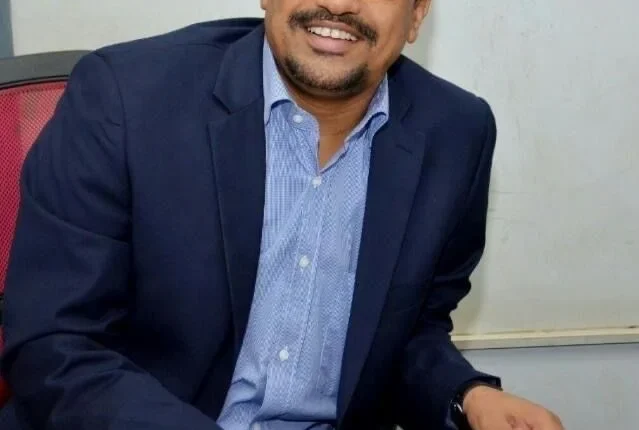Sudan and Saudi Arabia… Together for Sustainable Development

Dr. Haitham Mohamed Fatahi
Saudi Arabia is considered one of the rising regional powers progressing in a measured and balanced pace. It is one of the largest countries in the region and the most accepted by all. It is qualified to play a pivotal role in issues of stability at the regional and global levels, not only because of its economic strength and strong financial might, but also thanks to its quiet diplomacy, which has positioned it as a prominent player internationally. It recently achieved great success when it sponsored a tripartite mediation that brought together two major powers, the United States and the Russian Federation, and simultaneously brought together the United States and Ukraine, in the capital Riyadh, to settle their differences and resolve long-standing disagreement.
By taking up such a challenge, the Kingdom has proven that it is not merely a secondary player in the international theatre, but rather a key partner in shaping its new equations. It has also confirmed the rise of its soft power, enabling it to mobilize supportive international alliances and secure funding for major projects. Furthermore, the Kingdom’s internal stability and its pursuit of development as a cornerstone of its future, place it in a unique position within the framework of the reconstruction required by Sudan in the post war phase
In an unprecedented move, Saudi Arabia, in coordination with the International Monetary Fund, announced an initiative to support Middle Eastern economies affected by conflicts, beginning with Syria, Lebanon and now the Sudan.
Saudi Arabia’s ongoing efforts to achieve peace and stability in the Arab and Islamic region remind the world that diplomacy does not recognize the impossible when combined with political will and proactive vision. Under the leadership of “Peace Begins in Riyadh,” the Kingdom proves that its leadership role is no longer an option, but an international necessity in a world searching for bridges across an ocean of crises.
Through its geographic location and pivotal role in the Arab and Islamic worlds, as well as through its chairing of the G20 in 2020 and the launch of international initiatives such as the Middle East Green Initiative, Riyadh has proven its ability to bring the priorities of the Arab and Islamic region to the negotiating table and work to restore peace and stability to the region.
Saudi Arabia’s success in managing thorny international questions reinforces its image as a modern state capable of leading flexible alliances, as evidenced by its diverse partnerships with major powers. This flexibility is translated into practical action through “preventive diplomacy,” which prevents the escalation of crises before they erupt, as witnessed in the mediation between Iran and Pakistan in early 2023, or the launch of the Jeddah talks on Sudan following the outbreak of war in 2023.
The Kingdom’s relationship with Sudan is not a new development, but rather a centuries-old connection between the land of the Hijaz and the gateway to Africa. The recent initiative by the Kingdom regarding Sudan represents a real opportunity to restore stability to Sudan, a country with close historical, economic, social, and political ties to Saudi Arabia Given the political instability that has plagued Sudan for years and its negative impact on a wide region in Africa, the Kingdom can play a pivotal role in restoring stability and restoring security and peace to a region stretching from the Red Sea coast to the Atlantic coast in West Africa.
Sudan now needs not only the rehabilitation of its infrastructure, but also comprehensive financial, economic, and institutional reform. Its needs go beyond building new homes and roads; it also requires restructuring its debts and completely overhauling its banking sector to emerge from the worst crisis in its modern history.
Saudi Arabia can play a key role in Sudan’s reconstruction, as the Kingdom possesses the financial capacity to help finance or guarantee reconstruction projects, as well as provide technical and investment support. This would undoubtedly contribute significantly to improving regional relations and achieving stability in the region, a matter of great importance in light of the ongoing security challenges in the Horn of Africa and the Red Sea coast.
For Sudan, the reconstruction challenge remains one of the most pressing issues in the next phase. Sudan requires massive, concerted efforts to rebuild its infrastructure, strengthen its economy, and return refugees and displaced persons to their homes. There is no doubt that consistent efforts led by the Kingdom of Saudi Arabia can bring Sudan and its surrounding region to safety, provided the Sudanese people are sincere in their intentions, the political will of both countries is integrated, and proper planning is conducted in accordance with the latest scientific and international standards.
Shortlink: https://sudanhorizon.com/?p=4910

